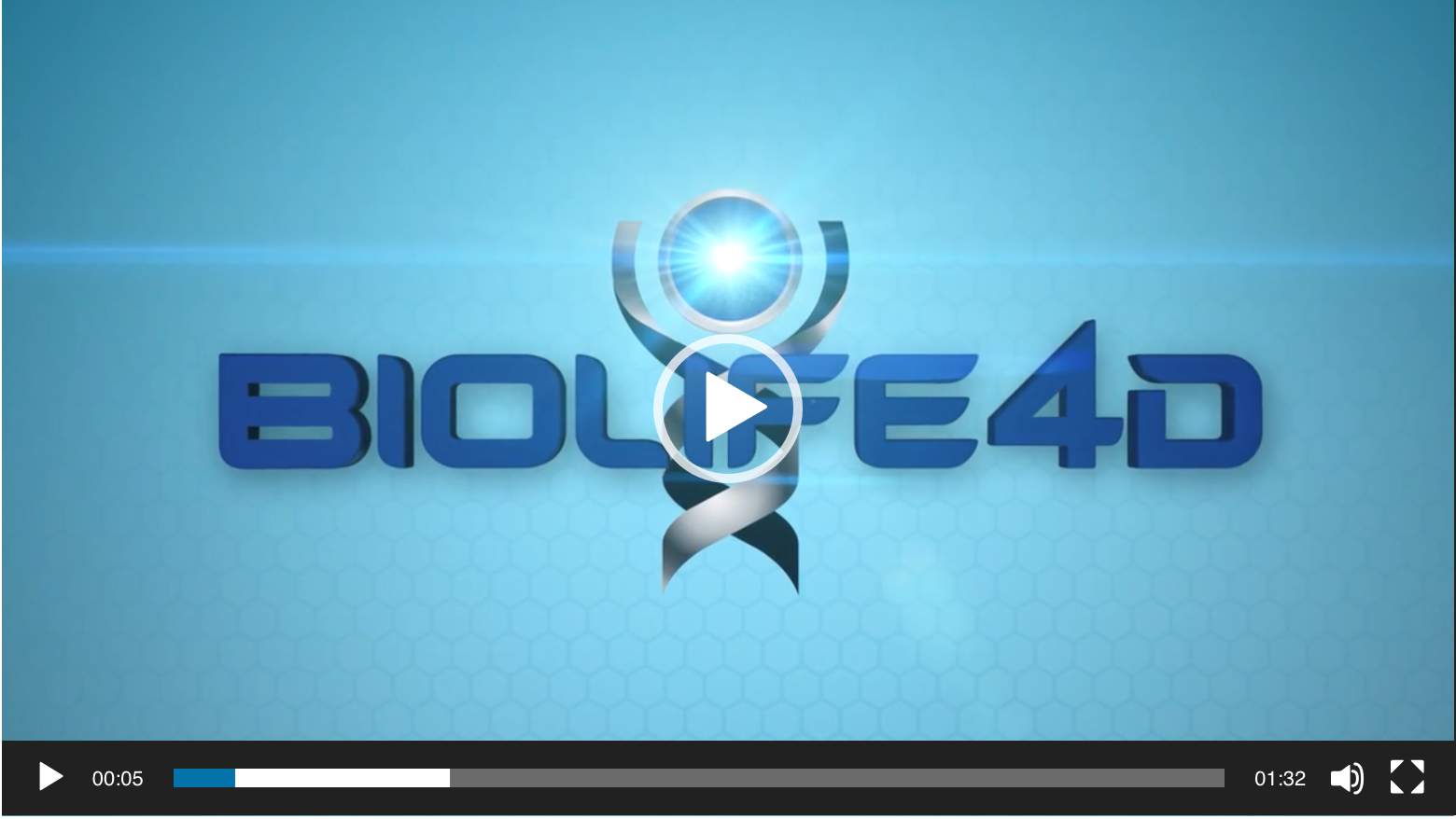BIOLIFE4D announced earlier this year that it has successfully 3D printed human cardiac tissue demonstrating the ability to 3D bio-print viable tissue for transplant.
 The successfully printed cardiac patch contains multiple cell types and included preliminary vascularization. The patches can be used in patients with acute heart failure to restore myocardial contraction.
The successfully printed cardiac patch contains multiple cell types and included preliminary vascularization. The patches can be used in patients with acute heart failure to restore myocardial contraction.
The company’s process provides the ability to reprogram a patient’s own white blood cells into induced pluripotent stem cells, or iPS cells, which then differentiate into all types of heart tissue cells. The cells are then mixed with nutrients and growth factors to keep them alive, which creates the bio-ink loaded into the specially designed 3D printer that protects the cells during the printing process.
The implication of the process is that a patient’s own iPS cells can be used to bio-print cardiac tissues or ultimately a complete heart that can be transplanted without rejection complications.
The company’s next steps will focus on bio-printing other heart structures such as valves, blood vessels and eventually a mini-heart as it works toward 3D bio-printing a complete human heart for transplant.
The company envisions a process beginning with an MRI of the patient’s heart to obtain precise measurements. Blood cells from the patient will then be transformed into iPS cells and then differentiated into all the cell types needed to reproduce the patient’s heart. The process is outlined in detail in the June 19, 2018 issue of Birth Defects Research.
The heart will be 3D printed in layers using a support scaffold to hold the cells together. Once complete the heart will be placed in a bioreactor that recreates the conditions inside the body allowing the cells to self-organize into networks of living tissue that will eventually begin beating in unison. At that point the scaffolding is dissolved, and the heart is ready for transplant.
The company’s objective is to disrupt how heart disease and other cardiac impairments are treated, particularly by improving the transplant process by eliminating the need for donor organs.
“This is a tremendous time for BIOLIFE4D and we could not be prouder to have accomplished this scientific landmark in such a short period of time,” Steven Morris, CEO, BIOLIFE4D said in a press release. “From the beginning, our mission has been to utilize our technology to save lives. Today, we believe we are one step closer to ultimately achieving that goal.”
Kapstone Medical is a full-service product realization firm that partners with inventors and manufacturers of all sizes to rapidly develop and commercialize new medical devices or processes. We love sharing the latest news in 3D printing and what’s going on in the MedTech Industry.
Sources: BIOLIFE4D press release, and review article in Birth Defects Research.


